Electrical Machines Trainer
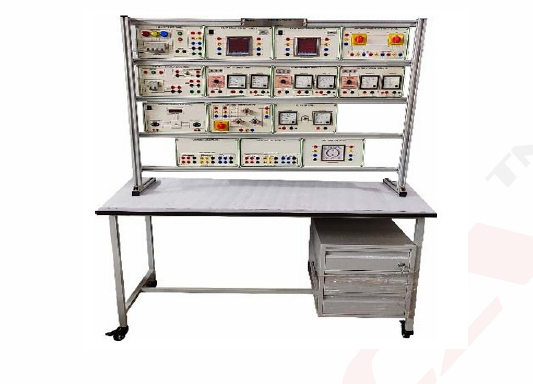
Order Code: 24257843.7
Category: General Lab Equipment V
Trainer Set Overview The training system is designed to demonstrate the construction and functioning of various DC and AC machines, including single-phase and three-phase motors. The system is equipped with the following components: Frict...
SPECIFICATION
Trainer Set Overview
The training system is designed to demonstrate the construction and functioning of various DC and AC machines, including single-phase and three-phase motors. The system is equipped with the following components:
-
Friction brake arrangement
-
Dynamometer
-
Instrument panel
-
Power supply unit
-
PC interface with virtual workbench package
-
USB/serial Modbus-based software
Power Supply Panel
-
Input: 3-phase DOL Starter Panel
-
MCB: 4-pole, 415V/1A
-
Contactor: DOL 9A, with 230V/50Hz/11VA coil
-
Overload Relay: Bimetallic thermal, range 1.4A - 2.3A
-
Multifunction 3-Phase Meter (2 Nos.)
-
Connection: 3-phase, 3/4 wire
-
Voltage Input: 400V/230V AC
-
Auxiliary Supply: 230V AC, 45-65Hz, 5W
-
Display: LCD/LED
-
CT Input: 5A, 0.1 VA/Phase
-
Measurement Parameters: V, I, Hz, P.F, KVA, KW, KWh
-
Termination: SBSS terminal
FWD/REV & Star-Delta Starter Panel
-
Switches:
-
3-pole, 3-way FWD/REV switch with center OFF (6A/440V)
-
3-pole, 3-way Star/Delta switch with center OFF (6A/440V)
-
3-Phase Wound Rotor & Synchronous Motor Panel
-
Rotor Resistors: 30Ω/5A with 3 taps (0Ω, 15Ω, 21Ω, 30Ω)
-
Rotor Resistor Selector Switch: 3-pole, 6-way, 6A/440V
-
DC Rotor Excitation Overcurrent Relay: 3A
Single-Phase Motor, Alternator & Synchronous Motor Panel
-
MCBs: 2 Nos. (4A/1.6A)
-
Selector Switches: 2 Nos. (2P2W) to switch between 1φ alternator and synchronous motor
-
Pushbutton Switch: 8A to simulate centrifugal switch
DC Voltmeter and DC Ammeter Panel
-
DC Voltmeter: 0-300V
-
DC Ammeter: 0-5A with polarity protection diode
-
Field Failure Relay: To control armature supply (6A/6B)
SCR Actuator (Variable DC) cum Sensor Signal Conditioning Panels (3 Nos.)
-
Type: Half-bridge SCR-based (0V-195V / 5A) with cosine firing and linear characteristics
-
Signal Conditioning: Supports circuits for speed and torque (kg wt) to output 0-2.5V DC (FS)
-
Required for: DC armature, DC motor field, and AC generator field
Instrumentation Power Supply cum Multichannel Digital Meter Panel
-
Power Supplies:
-
+/-12V, 500mA
-
+5V, 300mA
-
Unregulated 17V DC/750mA
-
Line synchronizing signal
-
13V / 3A
-
-
Digital Display: Multichannel display for parameters like torque, speed, etc.
Resistor Load Panel
-
AC Resistors: 10K/200W (3 phases, 6 steps)
-
DC Resistors: 750Ω/400W (6 steps)
-
Off Position: For no-load operation
LC Load Panels (2 Nos.)
-
Inductive Load: 0.15H, 0.3H, 0.45H, 0.6H, 0.75H, 1.5H, 3H, 400mA (3 Nos.)
-
Capacitive Load: 1.25μF, 2.5μF, 5μF, 415V (3 Nos.)
Computer Interface Panel
-
PC Interface: USB port using USB I/O module via 25-pin D (M) connector and Type A to Mini B cable
-
ADC Channels: 4 channels (0 to 2.5V FS), with 1 input simulation potentiometer
-
DAC Channel: 1 channel (O/P 2.5V FS)
-
Function Block: V-to-I (0-2.5V input, 0-20 or 4-20mA output) and I-to-V (4-20mA input, 0-2.5V output)
-
Switchable: I/V and V/I function blocks
Software Required
-
Virtual Workbench Package: USB/Serial Modbus-based software compatible with Windows .NET platform
-
Features: Supports multiple control strategies like PID controllers (single/multi-loop), fuzzy controller, graph plotting (XY, XT, and polar modes), Modbus interface, data logging, event trigger, inbuilt function generator, etc.
-
Motor Specifications
1. DC Integrated Machine
-
Voltage: Varm = 180V, Vfield = 180V
-
Capacity: 300W, 2-pole machine, 1500RPM, 6 terminals
-
Rotor Construction: Standard commutator/brush arrangement with laminated stack
-
Stator Construction: Separately excited field winding with laminated pole solid yoke and series winding, brought out on 4 terminals
-
Machine Mounting: Chassis mounted with 19mm diameter trunnion, used as dynamometer with torque and speed sensors
-
Applications: Can work as shunt/series/compound motor as well as generator
2. Three-Phase AC Integrated Machine
-
Voltage: 415VAC, 50Hz
-
Capacity: 300W, 4-pole machine, 1500RPM, 10 terminals
-
Rotor Construction: Star-connected, with 4 slip rings mounted on the shaft
-
Stator Construction: Six terminals to start the machine using Star-Delta starter
-
Machine Mounting: Chassis mounted with 19mm diameter trunnion
-
Applications: Can work as slip ring wound rotor I.M., synchronous motor, and synchronous generator
3. Single-Phase AC Integrated Machine
-
Voltage: 230VAC, 50Hz
-
Capacity: 300W, 4-pole machine, 1500RPM, 10 terminals
-
Rotor Construction: Die-cast rotor
-
Stator Construction: Two windings for main and auxiliary, brought out on 4 terminals (for Split-phase, CSCR, CSIR configurations)
List of Experiments
-
DC Machines:
-
Speed-torque curves of wound rotor induction motor (with rotor shorted and different rotor resistors)
-
DOL/Star-Delta starters, rotor resistance starter
-
Application of synchronous motor as a power factor improvement device (V curve)
-
-
Generators:
-
Synchronous generator V-I curve
-
-
Efficiency of 3-Phase AC Machines
-
Single-Phase AC Machines:
-
Speed-torque curves of split-phase induction motor
-
Speed-torque curves of CSIR
-
Speed-torque curves of CSCR
-

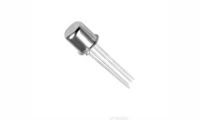
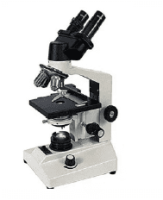
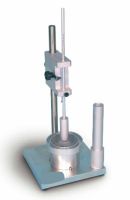
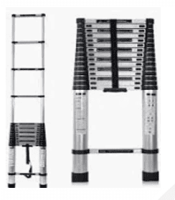

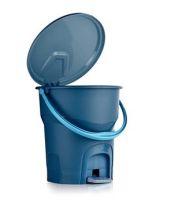
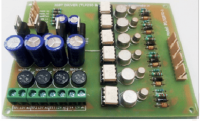
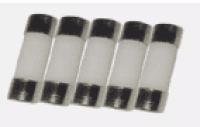
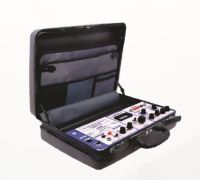

 91-9829132777
91-9829132777